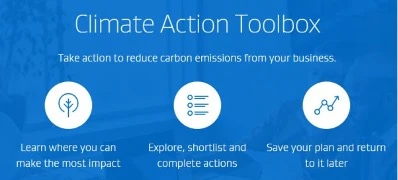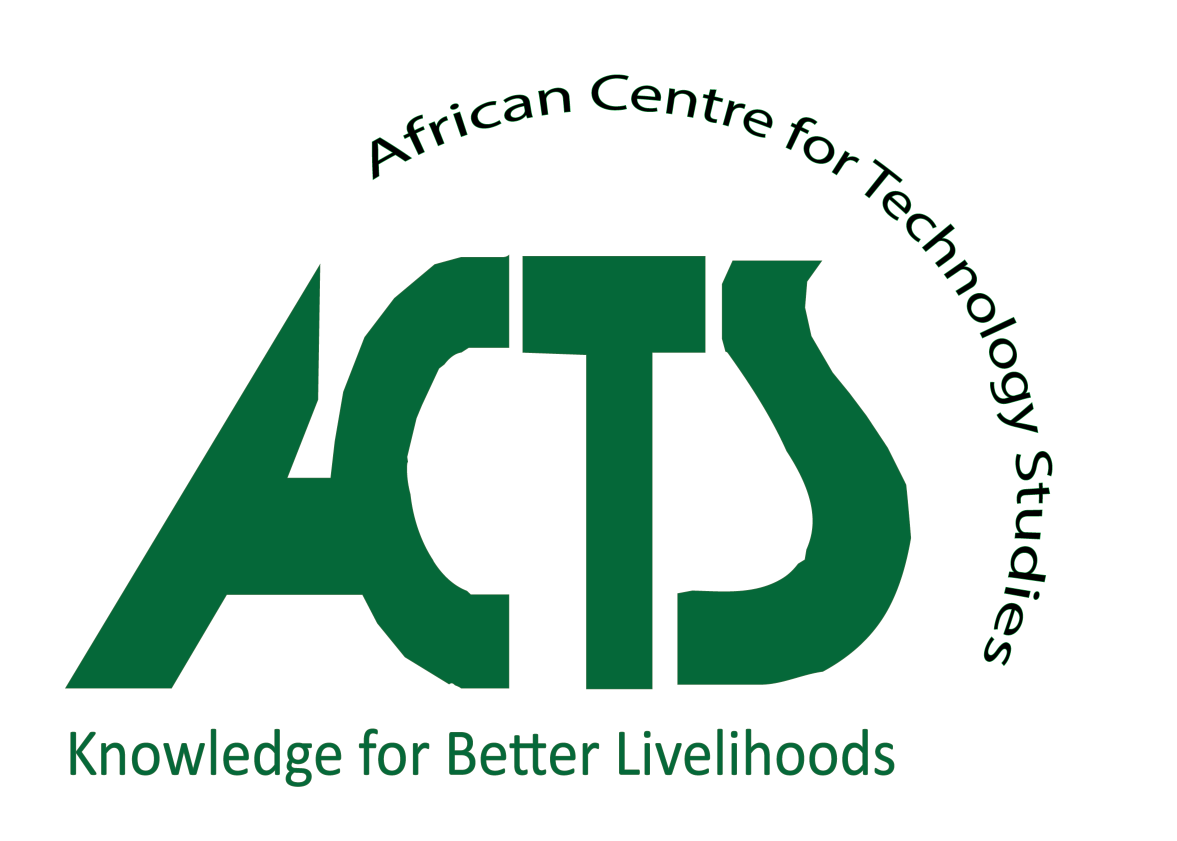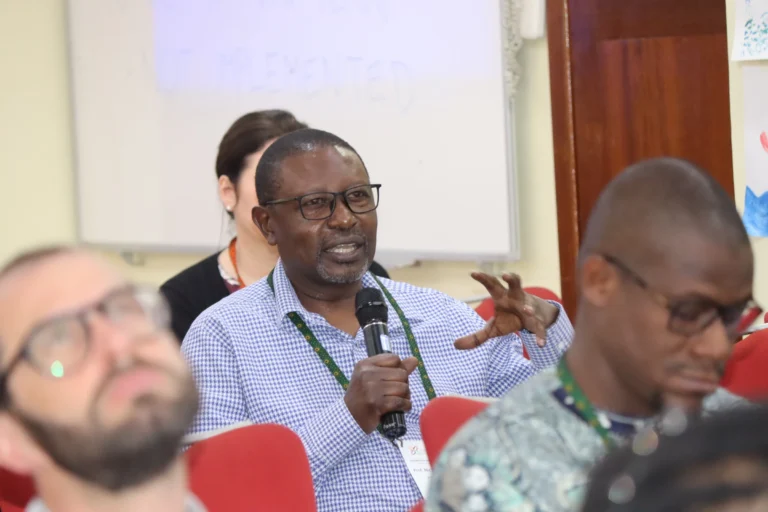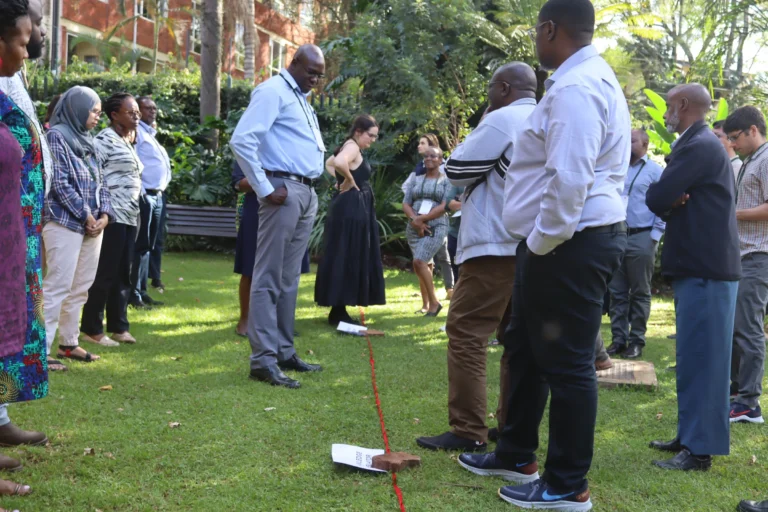By Maureen Kabasa, Joel Onyango, Salome Okoth, Miali Mohamed
Capacity building lies at the center of the Action for Climate Empowerment (ACE) Agenda of the Paris Agreement as a means of empowering countries, especially developing ones, for the active fight against climate change. Article 11 of the Paris Agreement highlights the need to enhance the capacities of all parties in the implementation of their climate commitments. This will involve technical, financial, and educative support in building skills and knowledge of countries to address climate change mitigation and adaptation1. Capacity building ensures that countries can develop, implement, and establish robust climate policies, enhance their resilience to climate impacts, and meet reporting and transparency requirements of the agreement2. Capacity building, through promoting cooperation and sharing of experience, thus bridges the gaps between developed and developing countries in offering responses to climate change in an effective and inclusive manner3.
Against the backdrop of COP 29 deliberations, the 6th Capacity-building Hub held critical sessions on the subject of capacity-building tools and methodologies playing a key role in the realization of global climate objectives. The Capacity-building Hub, established at COP24 in Katowice, serves as a collaborative and representative space for diverse stakeholders involved in capacity-building activities. Held annually alongside COP, it unites the expertise and experiences of local and global experts, scholars, and activists. The Hub promotes knowledge creation and dissemination, fostering a spirit of collaboration within the capacity-building community. It is an ongoing, evolving platform for co-learning, exchange, and co-creation of knowledge4. The sessions emphasized targeted strategies, stakeholder engagement, and innovative frameworks necessary to address complex sustainability challenges.
“With about 5 billion people dependent on vulnerable systems” emphasized a panelist at a side event by the Capacity building hub, the force to take action becomes overwhelming. This blog presents an initiative by UNDP and FAO embedded in the Climate Action Review (CAR) tool, aimed at supporting countries in their climate action mitigation (e.g. NCDs) and adaptation (NAP) plans, with emphasis on the power of local engagement and private sector collaboration.

Figure 1: CAR tool framing
Climate Solutions Global Dependency on vulnerable systems
Billions of people depend on systems that are increasingly vulnerable to climate change. It requires a multi-faceted set of responses.
“We must limit global temperature increase to 1.5°C” emphasized a panelist at side event, CoP 29.
Achieving this is not only about global cooperation but also the empowerment at the very local levels to be part of active solutions to the climate challenges guided by the national goals.
Addressing challenges by systemic frameworks
In 2020, UNDP and FAO launched the groundbreaking programme, Scaling up Climate Ambition on Land Use and Agriculture through Nationally Determined Contributions and National Adaptation Plans (SCALA), supporting 12 countries in crafting and implementing their national climate action plans. It has been about comprehensive support so that these nations make a quantum leap toward their climate goals. The programme is addressing the urgent need for practical tools to bridge the gap between policy intentions and on-the-ground actions, allowing stakeholders to take effective adaptation measures to address climate change challenges in agriculture and land-use. An example came from forestry assessments in Mongolia, via the analysis of land-use policies through the CAR tool. The programme also extends to other countries through a private sector facility, which provides up to $50,000 to involve the private sector in climate action. Not only does this provide an expanded circle of impact, but it also brings on board local businesses to take part in creating ripples in changing the circumstances for better outcomes.
“We created this programme that is dedicated effort to support countries to have a team approach on national contributions and national competition plans.” UNDP’s Panelist at the capacity building hub side event
Prioritizing Actions for Maximum Impact
“One of the most significant challenges facing any government is knowing where to begin” Panelist at the capacity building hub side event.
The CAR tool addresses this challenge by providing a systematic mechanism for unpacking different activities and defining priorities. This ensures that efforts are concentrated on the most effective actions that will drive meaningful progress in the fight against climate change.
Engaging Stakeholders for Comprehensive Solutions
There is a need for a diversity of stakeholders in effective climate action. The programme reinforces the need to actively involve participants at multiple levels, from government agencies to private sector representatives. This will promote business spaces and investment plans for climate action at ground level ensuring robust, contextual and sustainable solutions owned by the countries. “…discussing with the domestic private sector, and how to teach and how to create business spaces and investment goals and plans to create actions on the ground.” Panelist at the side event
Looking Ahead: A Future of Continued Support
By 2028, the now-extended programme will have reinforced this commitment to meet the needs for climate action at the country level. Continuing support will go a long way to ensure that countries build on their progress, implement innovative solutions, and attain their set targets on climate action. We’re still on our journey into a sustainable future, and together we can make a lot of difference.
Call to Action
Climate change is a challenge that requires both local engagement and international cooperation. As we, with specific programmes, innovative initiatives, and collaboration, enable governments to take significant steps toward sustainability, the United Nations has taken a step forward to identify such initiative tools and support mechanisms that will inspire positive change. At organization level the African Centre for Technology Studies has been at the forefront of initiating capacity strengthening tools and strategies for learning incorporating technologies including AI as highlighted in this blog – Empowering Climate Innovation: ACTS’ Insights from COP 29 in Baku, Azerbaijan.
Join us on this journey! Policymaker or business leader, concerned citizen, your voice is important. Take part in climate change initiatives, innovate, share it with your networks, and then act on it in your community. Together, let’s create a world where climate resilience is real for everyone.




